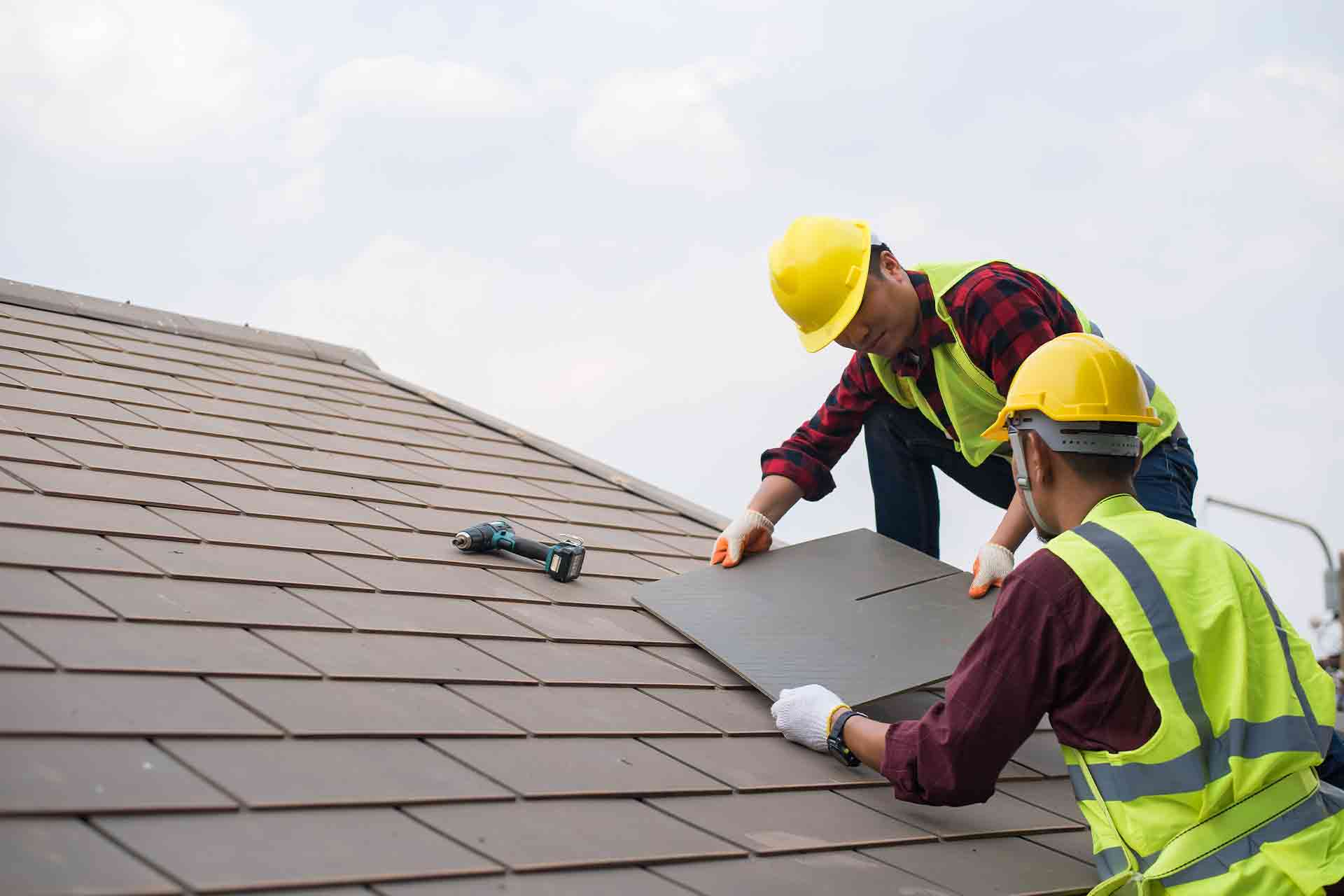
When it comes to protecting your home, few components are as critical as the roof. It shields your family, belongings, and the entire structure from wind, rain, sun, and everything in between. But how often do you think about what’s happening on top of your home? Roof inspections are the unsung heroes of property maintenance, often overlooked until a problem arises. Knowing what kind of roof inspection to get—and when—can prevent small issues from becoming expensive headaches.
Roof inspections are not all the same. Each serves a specific purpose, and understanding the differences can mean the difference between a quick fix and a costly replacement. Whether you’re a homeowner, a property investor, or preparing to sell your home, learning about the three main types of roof inspections can help extend the life of your roof and preserve your property’s value.
Routine roof inspections are regularly scheduled evaluations that help identify minor problems before they escalate into major ones. These inspections focus on general wear and tear, age-related deterioration, and potential weather damage. Typically recommended twice a year—once in spring and once in fall—they’re the cornerstone of good roof maintenance.
A routine inspection is your first line of defense against common roofing issues. Inspectors look for:
By catching problems early, you avoid the domino effect of water infiltration, mold growth, and insulation damage—all of which can compromise your home’s structural integrity and comfort.
Homeowners with asphalt, tile, metal, or flat roofs benefit from routine inspections. Properties with aging roofs (10 years or older) should prioritize regular checks. For commercial buildings or rental properties, biannual inspections also help meet insurance or warranty requirements.
After a significant weather event—such as hail, heavy rainfall, high winds, or snowfall—a storm-related roof inspection is vital. Unlike routine inspections, these are reactive and serve to assess immediate damage caused by extreme conditions.
Weather can cause both visible and hidden damage. For example:
Inspectors use a detailed checklist and sometimes drones or infrared tools to spot issues not visible from the ground.
Storm-related roof inspections should be scheduled as soon as it’s safe after a major event. Even if there are no visible signs of damage, hidden structural issues or moisture buildup can worsen over time. A professional inspection provides documentation for insurance claims and can fast-track repairs before minor issues become disasters.
A real estate roof inspection is typically requested during the buying or selling of a home. It assesses the condition, expected lifespan, and repair needs of the roof. These inspections are often required by mortgage lenders or insurance providers before a sale is finalized.
For buyers, a professional roof inspection offers peace of mind that the property won’t require immediate costly repairs. For sellers, it helps justify the asking price or prepare for negotiation.
A comprehensive report includes:
Both buyers and sellers, as well as realtors, gain from this type of inspection. For buyers, it helps assess the true value of a property. For sellers, it can prevent last-minute surprises that derail closing.
| Inspection Type | Timing | Key Benefits |
| Routine | Spring & Fall | Prevent costly repairs, extend lifespan |
| Storm-Related | After weather events | Insurance documentation, catch hidden issues |
| Real Estate | During property sales | Fair valuations, reduced negotiation friction |
In professional roofing and construction, roof inspections are foundational. They’re used to:
Expert roof inspectors are trained to recognize early warning signs of failure that untrained eyes might miss. They use advanced tools like moisture meters, drones, thermal cameras, and inspection apps to provide detailed assessments. Professionals also adhere to safety standards, avoiding the risks of homeowner-led DIY inspections.
Working with a certified team ensures thorough, unbiased evaluations—and often, faster scheduling of needed repairs or documentation for insurers and city officials.
A roof inspection is not just a precaution—it’s a smart investment in your home’s future. Knowing the difference between routine, storm-related, and real estate inspections empowers homeowners to act proactively and wisely.
Each inspection type serves a critical role in protecting your property from expensive damage and unexpected surprises. Whether you’re maintaining your home, recovering from a storm, or navigating a real estate transaction, timely roof inspections are the key to long-term value, safety, and confidence.
When it’s time to get your roof inspected, trust the experience and professionalism of Fletcher Roofing. For scheduling or consultations, call +1 520-675-3298—your roof will thank you for it.

Fields marked with an * are required